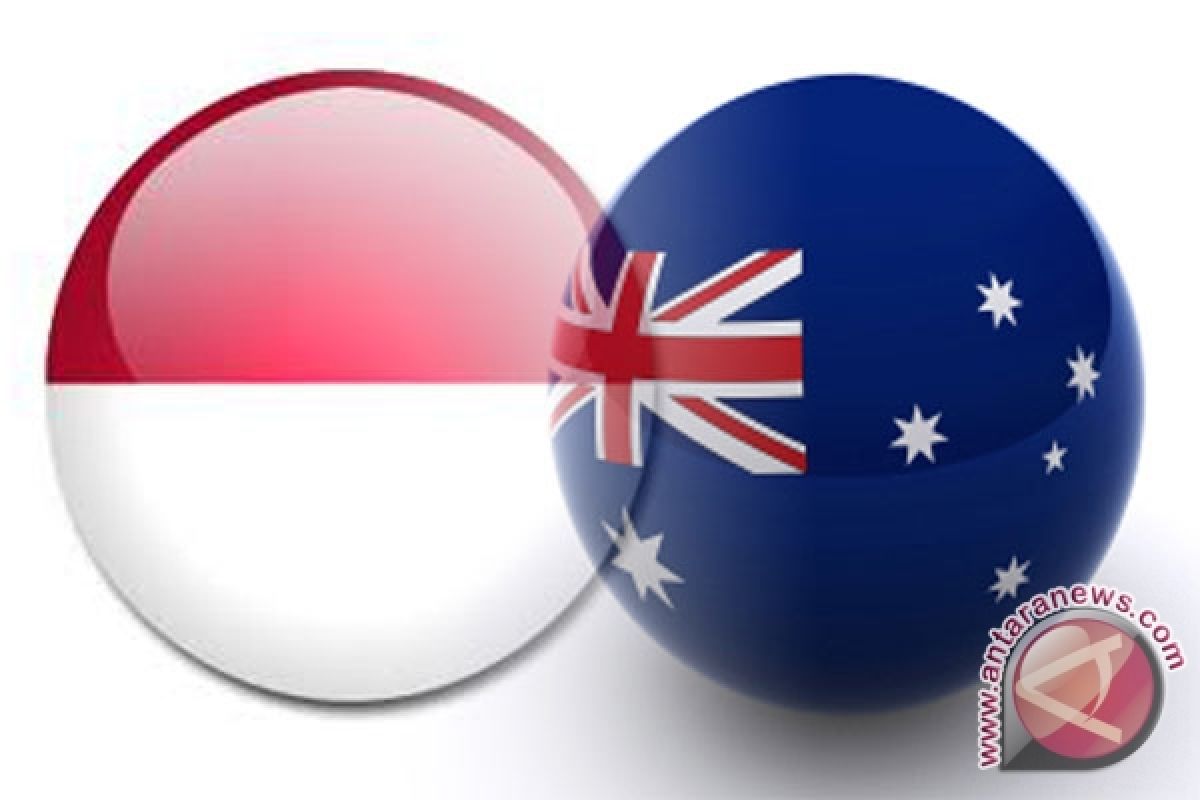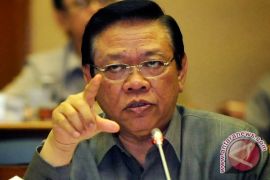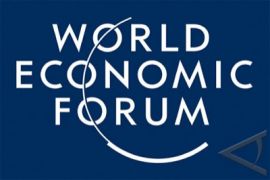Australian Embassy media release in its official website early this week said the Australian Government, through its aid program (AusAID), was strongly supporting Indonesia in achieving the MDGs by being Indonesia`s largest development partner.
As part of this commitment, AusAID is sponsoring the Indonesian Government`s MDG Awards, and participating in an exhibition showcasing MDG achievements at the Balai Kartini Convention Center, on January 31 and February 1, 2012.
The MDG Awards will recognize individuals and organizations making a substantial contribution towards achieving the MDGs. These awards will also inspire further action to tackle poverty and other development challenges in Indonesia.
"Indonesia is making substantial progress helping poor people improve their incomes and access food, ensuring children go to school, supporting women and making childbirth safer, but there`s still a lot more work that needs to be done," said the head of AusAID in Indonesia, Jacqui De Lacy.
"By recognizing those making a difference, we will encourage more Indonesians to accelerate efforts on achieving the MDGs including improving maternal health, combating HIV/AIDS and ensuring environmental sustainability," added De Lacy.
The exhibition, which is open to the public, will promote the work of Indonesian Government departments, international development partners, members from the private sector and local and international NGOs.
The MDG Awards are hosted by the Office of the Special Envoy of the President for the MDGs and in cooperation with Metro TV.
Australia is allocating an estimated A$558.1 million in 2011-12 for its development program in Indonesia. Australian aid programs have already created over 330,000 new school places for students, trained over 5,000 health workers and connected nearly 350,000 people to water and sanitation networks.
(Uu.O001/HAJM)
Editor: Priyambodo RH
Copyright © ANTARA 2012









